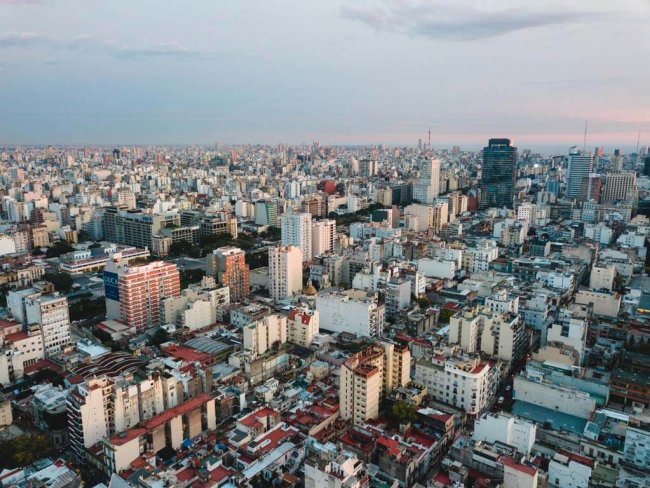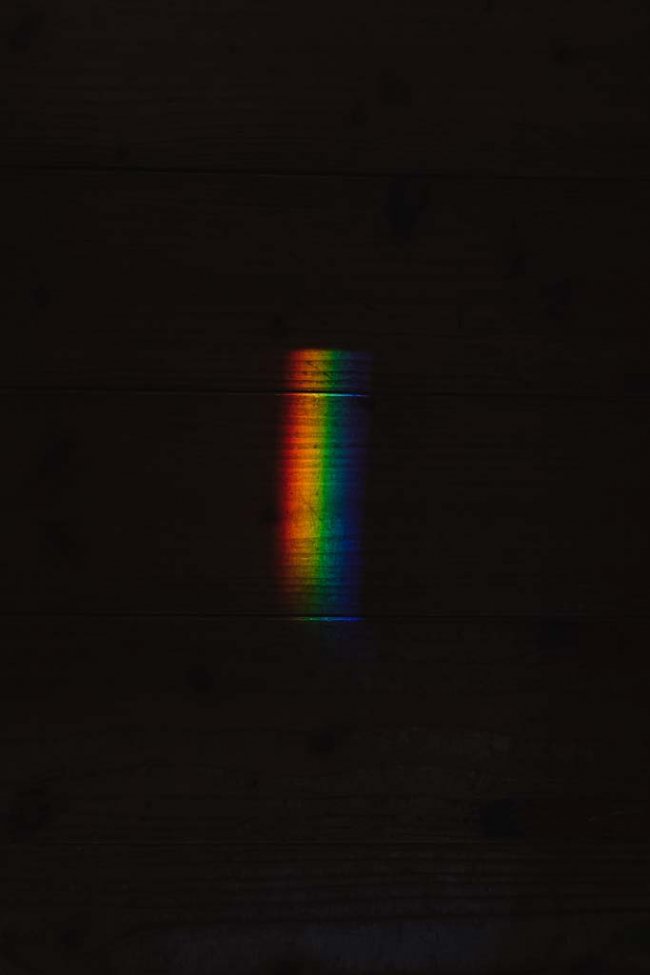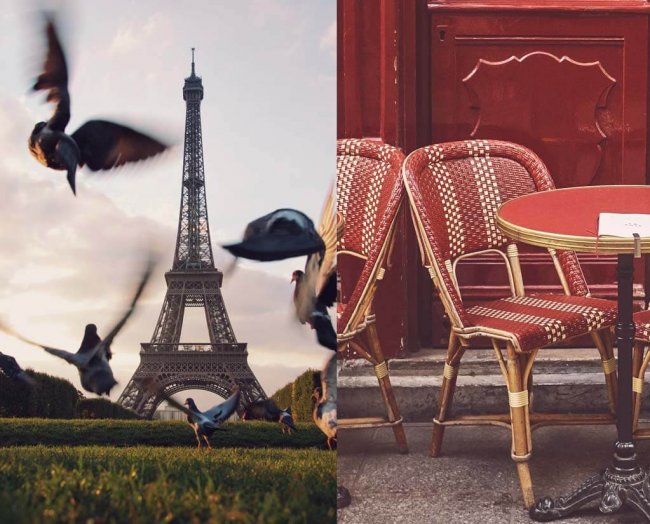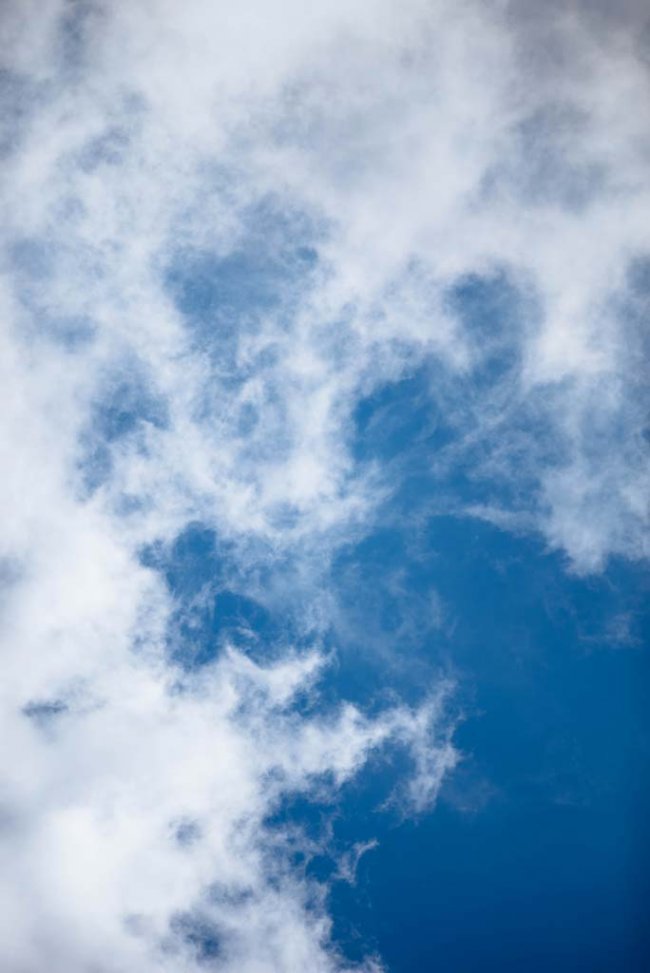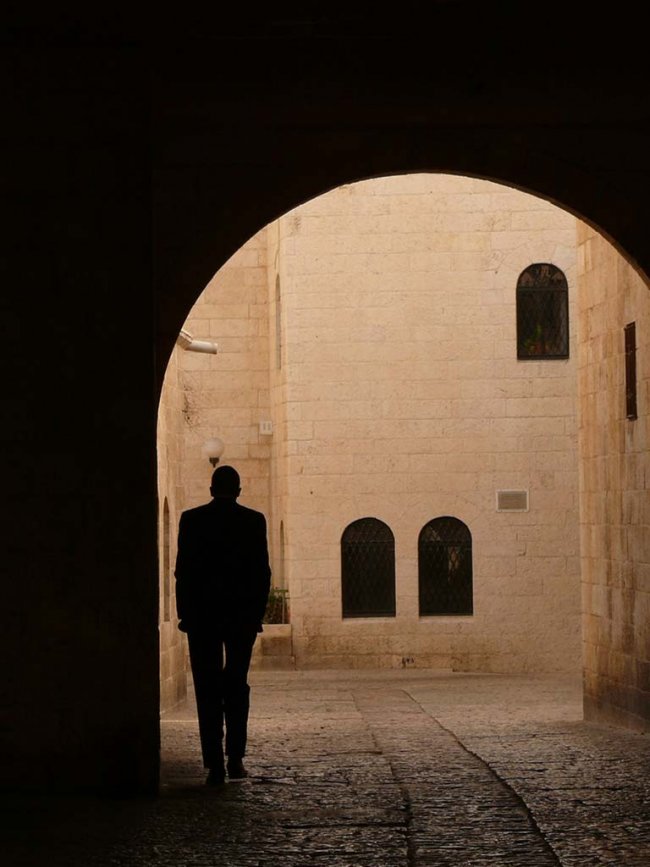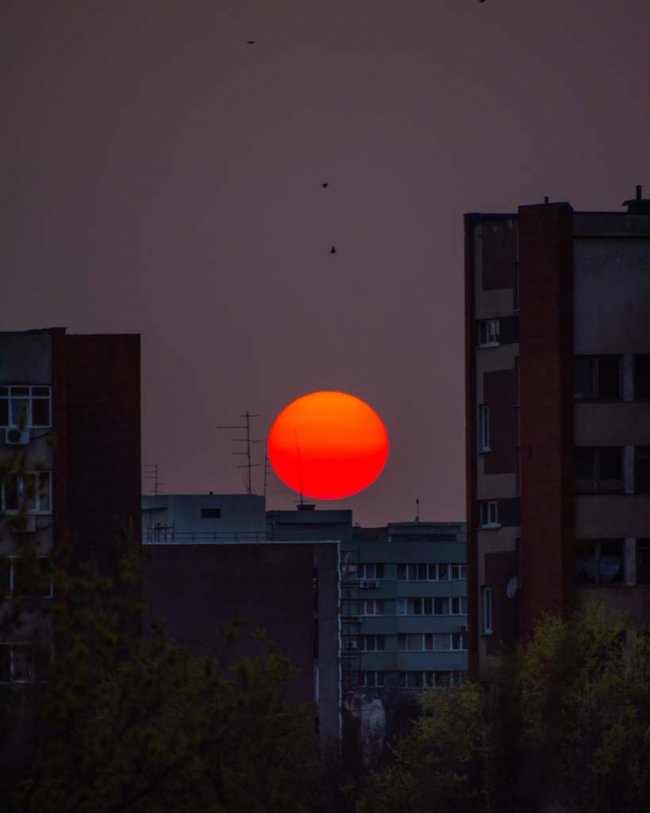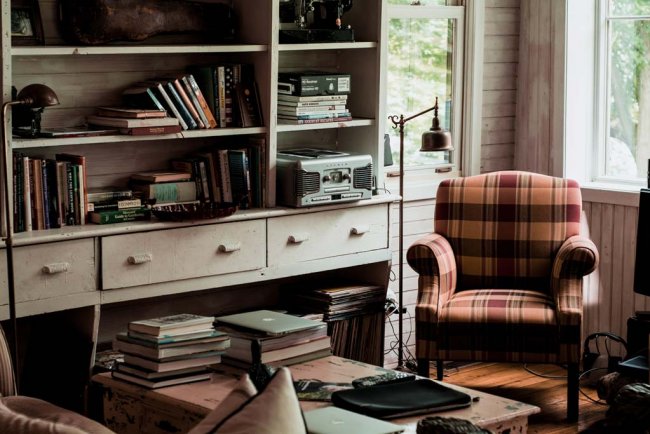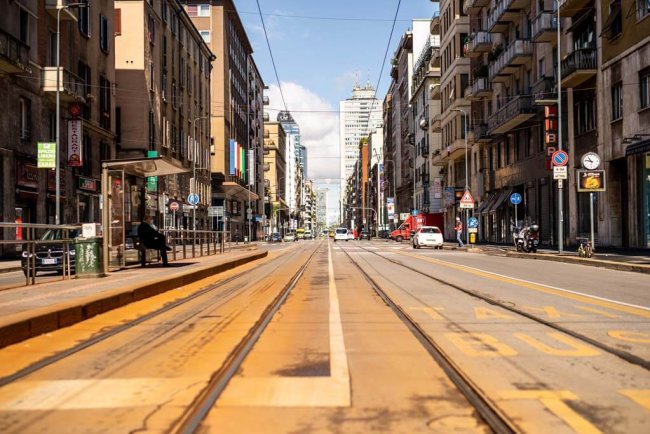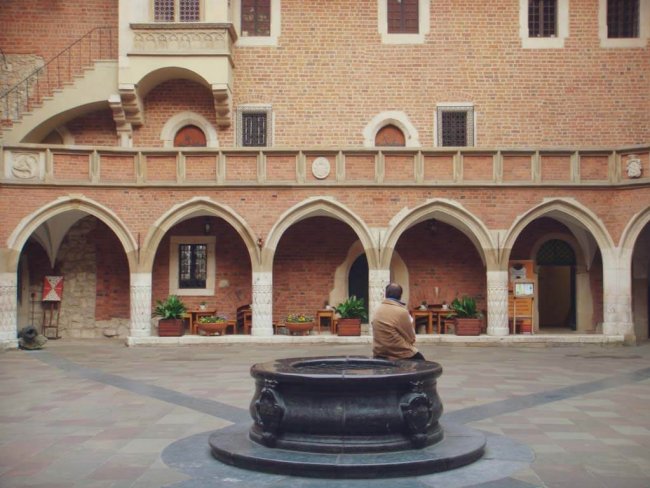Letter from Pittsburgh by Miriam DeRiso
Yesterday, my phone rang early in the morning. The voice on the other end of the line whispered, with strain, “I’m sorry. I came home for spring break, and I won’t be returning to Pittsburgh for a while. I don’t know what we can do. Is there anything we can do?”


